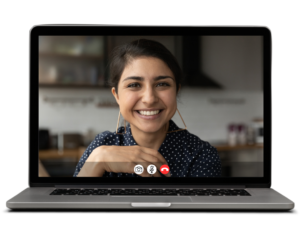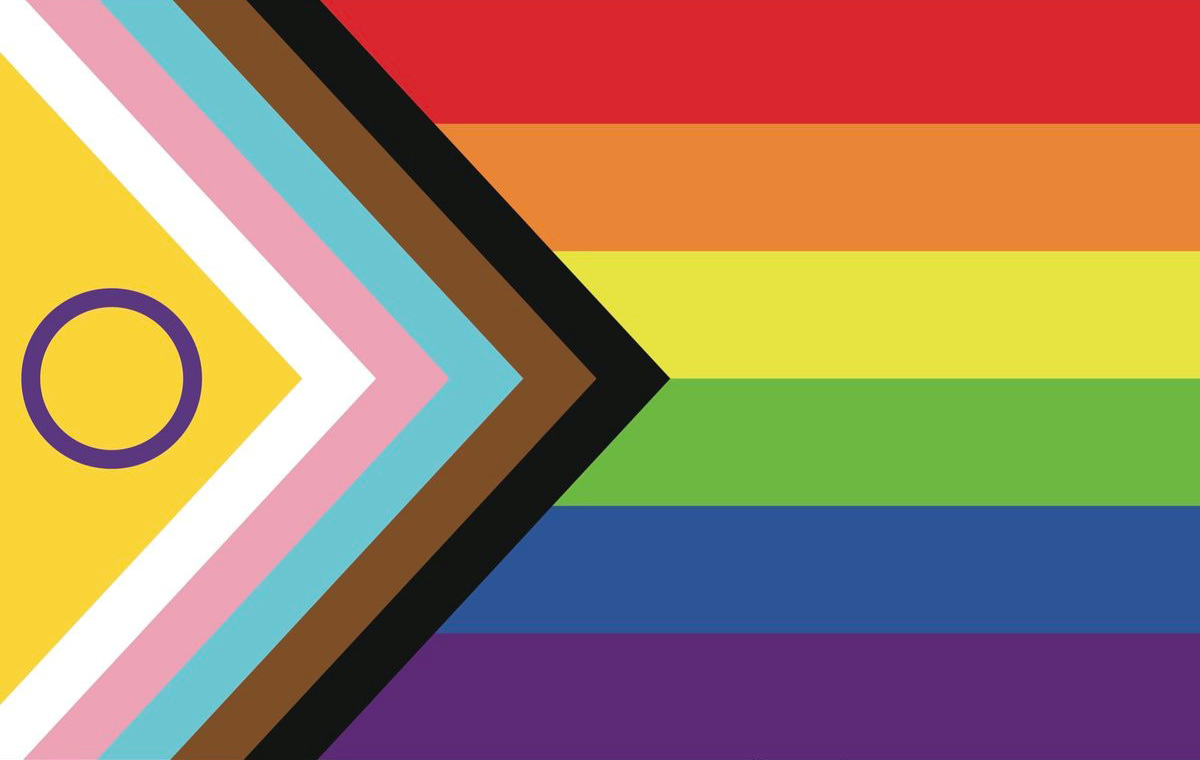Do you remember what you wanted to be when you grew up? Did you have any favourite hobbies as a child? Even as adults, we all still have an inner child, a part of ourselves that holds memories, emotions, and desires from our childhood. It is part of a person associated with their sense of innocence, vulnerability, and creativity.
The “inner child” is a concept in psychology that refers to a person’s emotional and psychological state from childhood that can continue to influence their adult behavior and emotions, for better or worse. This concept suggests that unresolved emotional issues or traumas from childhood can affect a person’s adult life and that by recognizing and addressing these issues, people can heal and grow emotionally, and recover their natural creativity.
Why do people feel blocked creatively?
A big part of why people feel they lose their creativity or excitement in life is because they’re no longer connecting with their positive “childlike” sense of emotions or interests, and/or are letting negative childhood experiences block them. The idea of nurturing and recovering creativity is to understand the emotions we’re experiencing, explore the root of those emotions which can commonly stem from childhood, and then process them and integrate them to have a more fulfilling adult life.
Some common reasons why people might feel blocked creatively include:
Fear of failure
Being afraid of failure or of not being good enough can cause a person to hold back from expressing themselves creatively. They may be afraid to take risks or to put their work out into the world for fear of rejection or criticism.
This fear could have been caused by overly strict parents or feelings of inadequacy as a child, generally causing you to feel a lack of confidence in yourself. This could also be from a time when you did fail something, and it created a traumatic experience. Failure is normal, and can happen even when we try our best to avoid it. There are many ways you can try working through the fear of failure on your own, or talking to a licensed therapist can help you process your fears.
Perfectionism
Being overly focused on perfectionism can also be a roadblock to creativity. Setting high standards for oneself can make it difficult to take action since anything less than perfect is seen as a failure.
Similar to fear of failure, this is often caused by having unrealistic expectations placed on you as a child, and not being given the opportunity to make mistakes in a supportive environment.
Lack of inspiration
Sometimes people may be blocked creatively due to a lack of inspiration or motivation. They may not know what to create or have difficulty coming up with new ideas.
This is very common and typically happens when you’re focusing too hard on trying to make your work the “best”, or make something for a specific purpose, instead of having fun with it. In these situations taking a break and getting a new perspective usually helps.
Emotional blocks
Emotional blocks such as trauma, stress, anxiety, or depression can affect one’s ability to create. These emotions can make it difficult to access the natural flow of inspiration and ideas.
The main way to overcome emotional blocks is to dive deeper into the root of why you’re experiencing those emotions. Some ways to do that are by journaling, online therapy, or mindfulness practices like meditation. Once identified, you can take the next steps in healing and recovering.
Self-doubt
People might feel blocked creatively due to self-doubt and questioning their abilities to be creative. This can be caused by a lack of confidence, past negative experiences, or internalized negative self-talk.
Self-doubt typically accompanies many of the other creative blocks, but will usually decrease once you develop more confidence and overcome your other blocks.
Societal Pressure
Societal pressure or external expectations can also lead to creative blocks, as one may not feel like their creative expression aligns with what is considered “normal” or “acceptable” by their community.
This can be very challenging for people who are also experiencing a lack of self-confidence since they may not feel bold enough to explore outside of their “accepted” area. A great way to overcome this is to meet new people who are involved in the creative process you want to explore so you can learn more.
Overall, it’s important to remember that feeling blocked creatively is a normal experience and that many people experience it at some point in their lives.
Discovering Your Inner Child Again
Connecting with our inner child can open the door to greater creativity and self-expression. Our inner child is unafraid to take risks and try new things, so channeling that energy into our passions and projects is a great idea. Encouraging our inner child to play and have fun with our creative endeavors, rather than approaching them with pressure or expectation is a good way to unleash our creativity.
Some great ways to discover your creativity and enthusiasm again are:
- Let go of perfectionism and do something you wouldn’t usually do. Even if it’s something small, like trying a new type of coffee, or listening to music you don’t usually listen to. You never know what you might enjoy!
- Listen to music. Studies have found that music can release dopamine in your brain and make you happier or more energetic.
- Take yourself on a date. When was the last time you did something you wanted to do, by yourself? Whether you’re interested in art galleries, want to see a new movie, or maybe go for a hike, do something specifically for you.
- Create a safe space for yourself. Maybe it’s a specific time of the day, or place you feel comfortable, but take that time to just be with yourself and do whatever you want or need at that time.
- Do activities you enjoyed as a child. Maybe you loved playing sports or riding your bike, or maybe you loved playing video games. Explore your childhood activities and see if there’s anything that could still bring you joy today.
- Spend time with your children or pets, if you have them. Playing with children and pets can remind you of the simple things in life, and the little things that make us happy.
- Allow yourself to feel emotions. Children don’t worry whether being happy or sad is wrong or right, they just feel how they feel. Allowing ourselves to tap into our emotions and feelings, and validating them is one of the ways to care for our inner child.
Giving our inner child a voice and learning to listen to it, as well as practicing self-compassion and reminding ourselves that it’s okay to make mistakes is crucial. Engaging in activities that we enjoyed as children to reconnect with our inner child and bring back the sense of wonder and joy is a great way to care for our inner child.
Healing Trauma and Empowering Yourself
Our inner child holds the key to our imagination, sense of wonder, and creativity. However, negative experiences from childhood can create blocks and limiting beliefs that hinder our ability to tap into our inner child’s boundless potential.
Trauma from childhood can have a profound impact on our inner child and can be a major obstacle to connecting with and nurturing it. It may be necessary to seek therapy or other forms of professional help in order to process and heal from childhood traumas and to empower our inner child to flourish.
If you’d like to talk through any trauma, emotional or creative blocks, or need help developing a plan to recover your creativity, our licensed therapists can help. Focus provides empathetic and effective online therapy so you can feel and live better.
Final Thoughts
In conclusion, by nurturing our inner child, we can tap into our innate creativity, gain a greater sense of self-expression and live a more fulfilling life. By giving our inner child the attention it needs, we can learn to trust our intuition, push past limiting beliefs, and boldly pursue our passions. Remember, it’s never too late to reconnect with your inner child and unlock the endless possibilities of your creativity.



